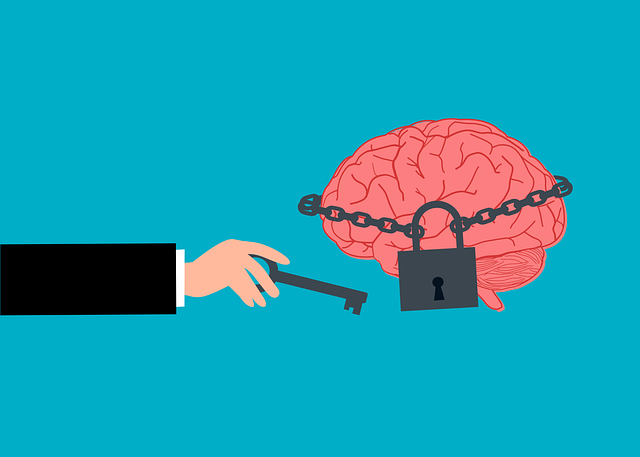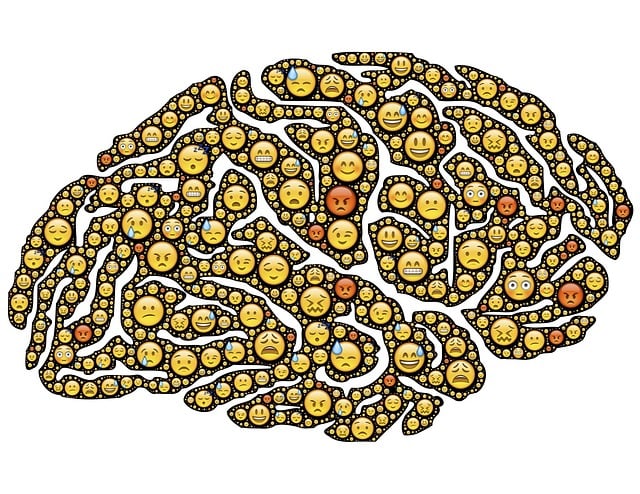Littleton Cognitive Behavioral Therapy (LCBT) is an effective approach for mood regulation, empowering individuals to manage emotions through identifying and challenging negative thought patterns. Combined with a Community Outreach Program, LCBT increases accessibility to mental health services, fostering resilience and emotional stability. This therapy offers practical strategies for navigating life's challenges, including cognitive restructuring and behavioral activation, benefiting both individuals and healthcare providers by enhancing resilience and patient care.
Mood regulation strategies are essential for maintaining emotional well-being. This article explores various techniques through the lens of Littleton Cognitive Behavioral Therapy (LCBT), a proven approach to identifying and managing mood triggers. We delve into practical LCBT principles for daily life, offering strategies to enhance resilience and coping skills. By understanding how LCBT can provide long-term benefits, individuals can effectively manage their moods and lead more balanced lives.
- Understanding Mood Regulation: The Role of Littleton Cognitive Behavioral Therapy (LCBT) in Identifying Triggers
- Practical Strategies for Daily Life: Techniques to Enhance Emotional Well-being Using LCBT Principles
- Building Resilience and Coping Skills: Long-term Benefits of LCBT for Effective Mood Management
Understanding Mood Regulation: The Role of Littleton Cognitive Behavioral Therapy (LCBT) in Identifying Triggers

Understanding Mood Regulation involves recognizing patterns that influence our emotional state. Littleton Cognitive Behavioral Therapy (LCBT) plays a pivotal role in this process by helping individuals identify triggers that set off mood shifts. Through LCBT, patients learn to recognize and challenge negative thought patterns, replace them with more balanced perspectives, and develop effective coping mechanisms. This therapeutic approach empowers individuals to take control of their emotional well-being.
By implementing a Community Outreach Program, LCBT reaches a wider audience, promoting awareness about mood management and emotional healing processes. This strategy ensures that valuable mental health services are accessible to those who might not otherwise seek professional help. Ultimately, LCBT’s comprehensive approach fosters resilience in individuals, enabling them to navigate life’s challenges with enhanced emotional stability.
Practical Strategies for Daily Life: Techniques to Enhance Emotional Well-being Using LCBT Principles

In today’s fast-paced world, emotional well-being is a cornerstone of overall health, and Littleton Cognitive Behavioral Therapy (LCBT) offers practical strategies for navigating life’s challenges. LCBT helps individuals identify and change negative thought patterns that can lead to distress, promoting a more balanced and positive mindset. One key technique involves cognitive restructuring, where people are encouraged to question and reframe their thoughts, replacing negative or distorted beliefs with more realistic and adaptive ones.
This therapy also emphasizes the importance of behavioral activation, prompting individuals to engage in activities they enjoy and that give them a sense of purpose. For healthcare providers at risk of burnout, incorporating these LCBT principles into daily routines can be transformative. Stress management workshops focused on these techniques can help professionals identify triggers, develop coping mechanisms, and enhance their resilience, ultimately improving patient care and personal satisfaction.
Building Resilience and Coping Skills: Long-term Benefits of LCBT for Effective Mood Management

Littleton Cognitive Behavioral Therapy (LCBT) is renowned for its effectiveness in building resilience and coping skills, offering long-term benefits for mood management. This therapeutic approach empowers individuals to challenge negative thought patterns and replace them with healthier alternatives, fostering a more positive mindset. By learning to navigate emotional challenges, individuals can enhance their overall well-being and adaptability.
LCBT also incorporates elements of Social Skills Training, teaching individuals how to interact effectively in various social settings. Cultural Sensitivity in Mental Healthcare Practice is another crucial aspect, ensuring that therapeutic approaches are tailored to an individual’s cultural background and beliefs. Additionally, LCBT encourages the development of problem-solving strategies, which can be applied across different areas of life, including advocacy for positive changes through Mental Health Policy Analysis and Advocacy. These comprehensive benefits contribute to sustained mood regulation and improved quality of life.
In conclusion, Littleton Cognitive Behavioral Therapy (LCBT) offers a comprehensive approach to mood regulation, empowering individuals to manage their emotions effectively. By understanding triggers and employing practical strategies, one can significantly enhance emotional well-being in daily life. Moreover, building resilience through LCBT techniques leads to long-term benefits, fostering better mood management and overall mental health.














